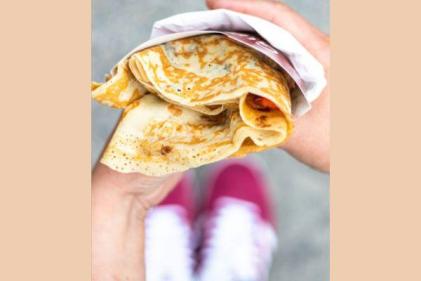Squishy dimply hugs are inevitable when you have a newbie in your life, but now a study has found that cuddles can actually have an effect on babies at a molecular level.
Not only does it run that deep, the effects can actually last for years.
A team at the University of British Columbia in Canada found that affectionate caressing can cause biochemical changes that go on to influence gene expression in your baby's body.
How? They are not 100% certain but here's what they do know...
The parents of nearly 100 babies were asked to keep track of their cuddles from five weeks old as well as logging their baby's behaviour. Four years later, DNA swabs were taken to analyse the biochemical changes. They found that some of the chromosomes, that are related to the child's immune system and metabolic system, had changed depending on how much babies were hugged.
For the children who hadn't had as much contact as babies, they had a slightly older epigenetic age (the biological ageing of the blood and tissue) than their chronological age. This has been linked to health problems in other studies. Scientists from this study admit that they don't know how this will affect the children in later life and are keen to point out that only 100 children were analysed. Michael Kobor is a Professor in the Department of Medical Genetics who leads the “Healthy Starts” theme at BC Children’s Hospital Research Institute:
"We plan to follow up on whether the ‘biological immaturity’ we saw in these children carries broad implications for their health, especially their psychological development. If further research confirms this initial finding, it will underscore the importance of providing physical contact, especially for distressed infants.”
We all know that human touch is important and cuddles help to make your child feel more secure and loved. The fact that such close contact can somehow change the body at a genetic level is new and fascinating. It might also explain the importance of that urge to give your little one a squeeze as often as humanly possible.
Happy hugging, mamas!






